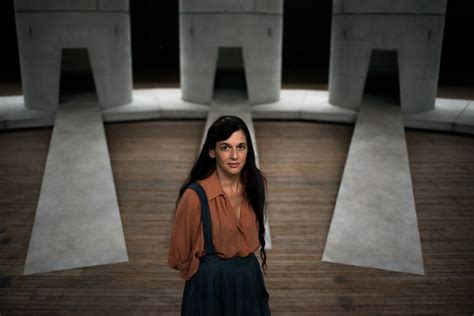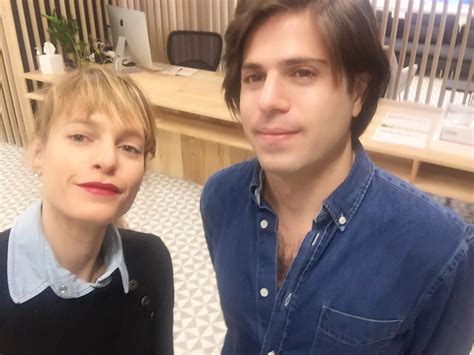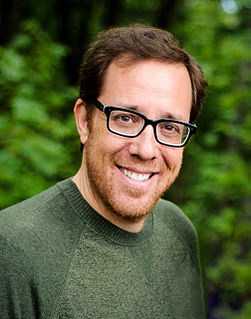A Quote by Paul G. Tremblay
Ambiguity is a big part of this post-truth world we're living in.
Related Quotes
In any case, once you're dealing on a nonverbal level, ambiguity is unavoidable. But it's the ambiguity of all art, of a fine piece of music or a painting - you don't need written instructions by the composer or painter accompanying such works to 'explain' them. “Explaining” them contributes nothing but a superficial 'cultural' value which has no value except for critics and teachers who have to earn a living.
A big part of filmmaking, and a big part of the power of filmmaking, is creating characters that people fall in love with. So, those things, like the bloopers, create more reality and dimension, and the sense that these are not drawings or shadows, but they are living, breathing, thinking characters. That's the illusion.
Something really big happened in the world's wiring in the last decade, but it was obscured by the financial crisis and post-9/11. We went from a connected world to a hyperconnected world. I'm always struck that Facebook, Twitter, 4G, iPhones, iPads, high-speech broadband, ubiquitous wireless and Web-enabled cellphones, the cloud, Big Data, cellphone apps and Skype did not exist or were in their infancy a decade ago.



































